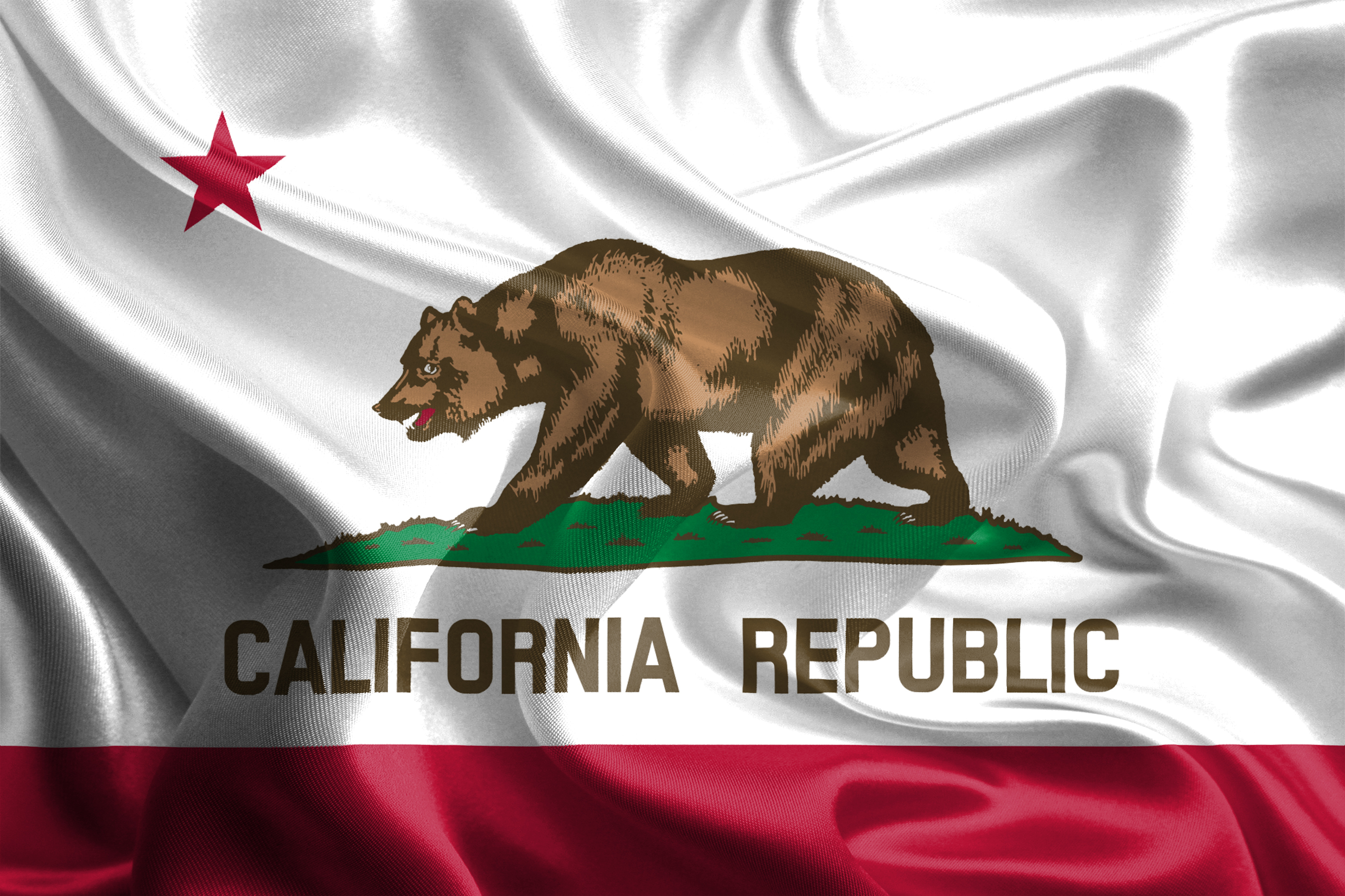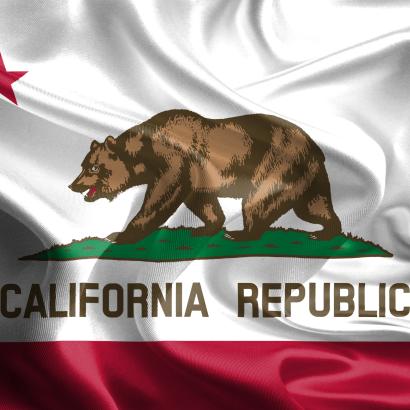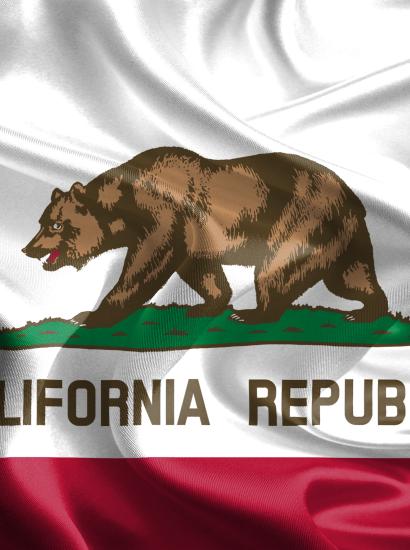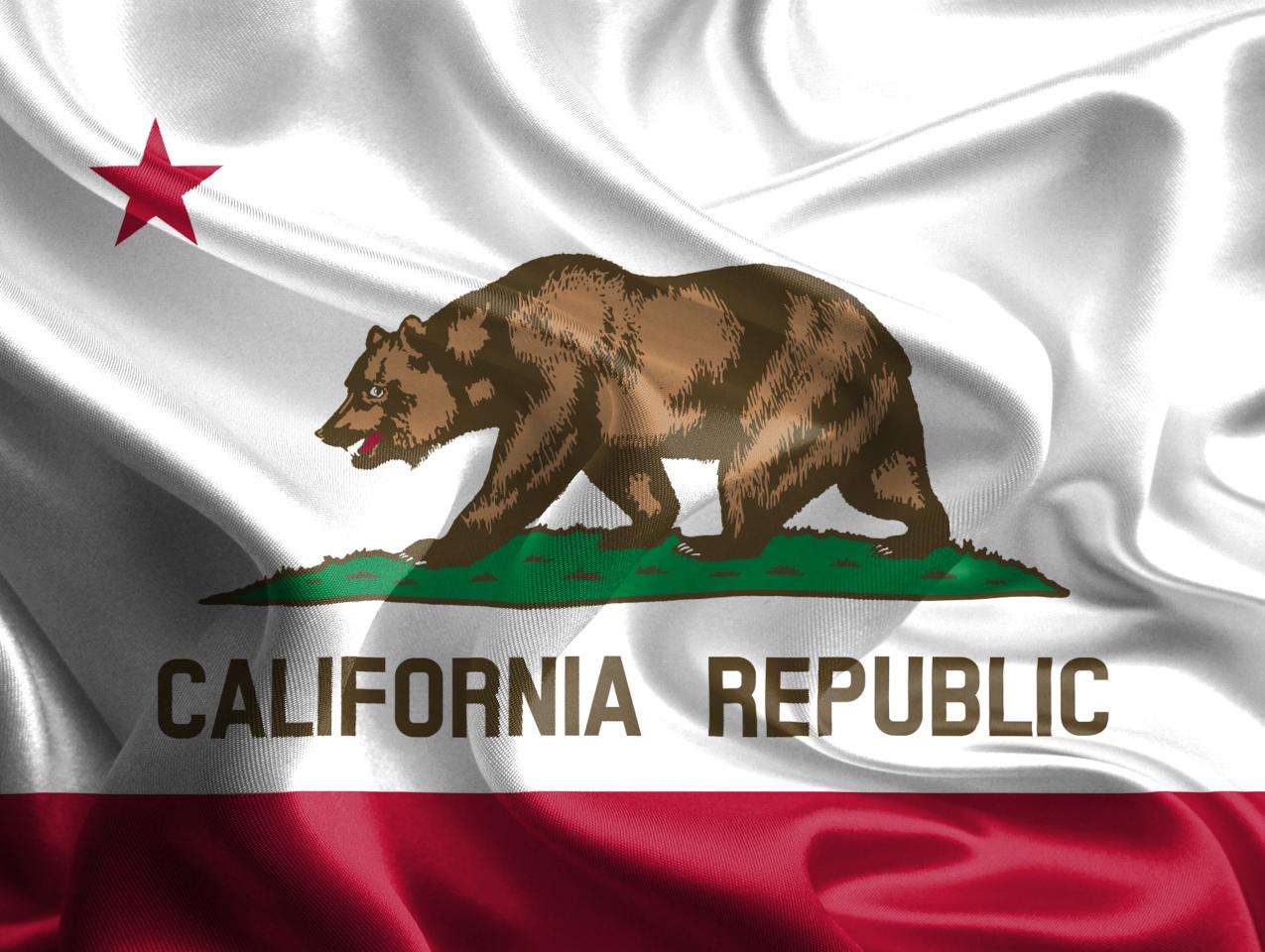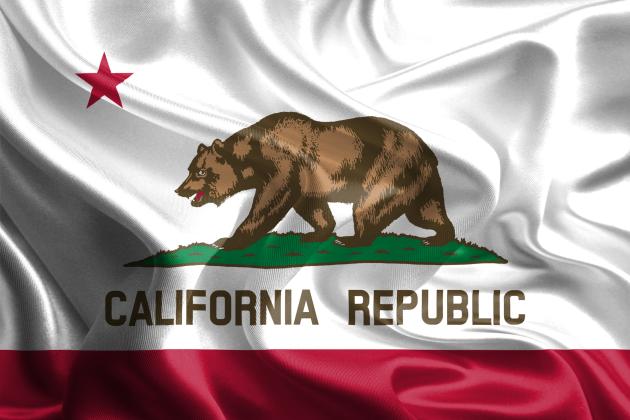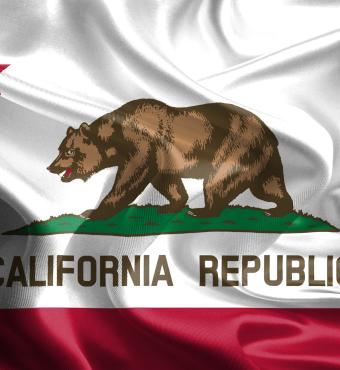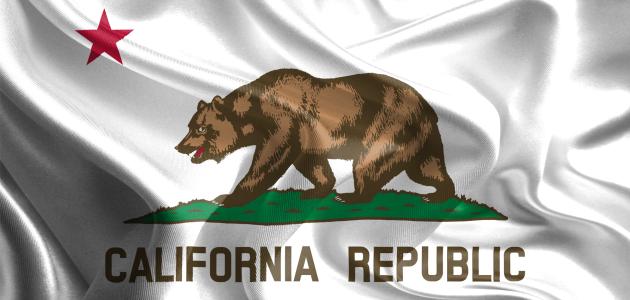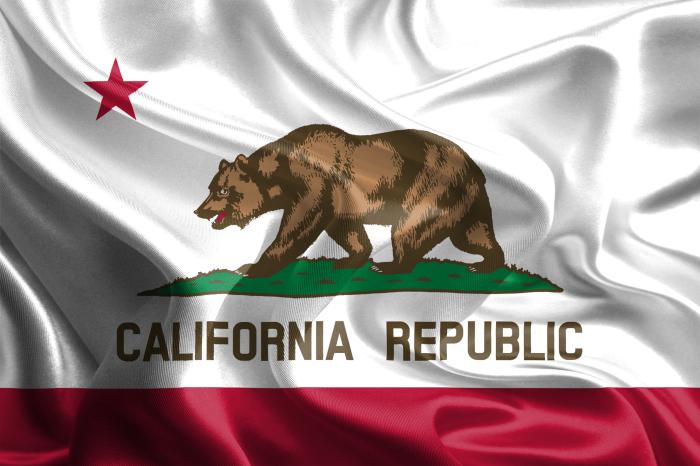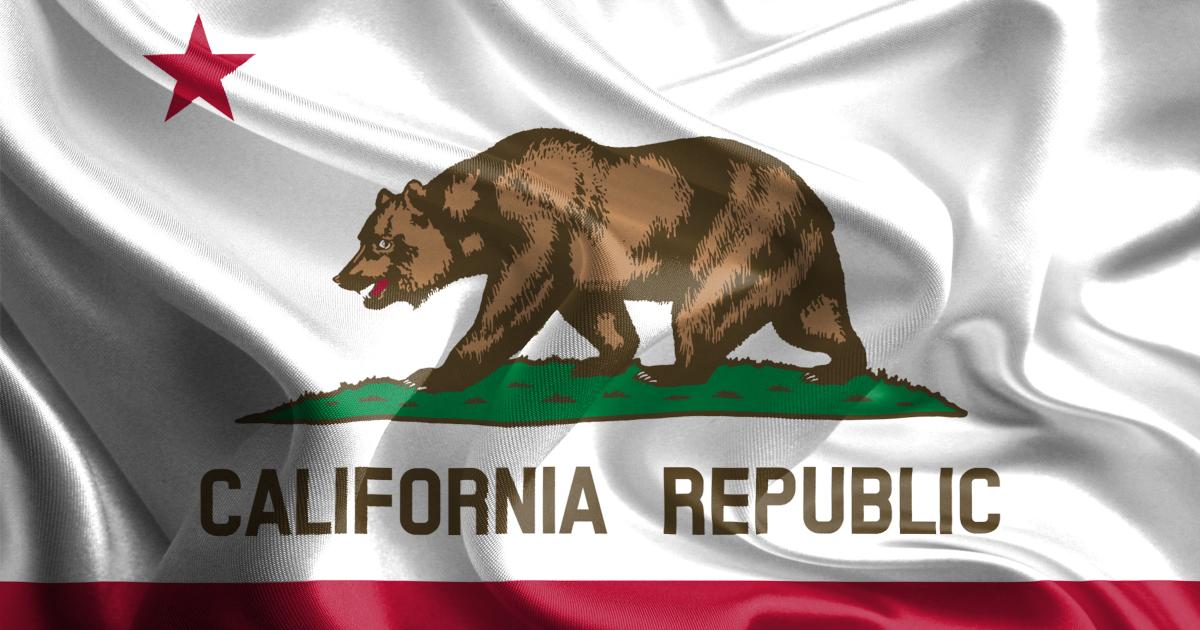- History
- Contemporary
- US
- Politics, Institutions, and Public Opinion
- State & Local
- California
Years and years ago, a California state legislator named Joe Simitian had a refreshing approach to how the government in Sacramento could better serve its constituents: an annual “There Ought to Be a Law” contest that encouraged citizens to submit ideas for new statutes or for taking existing ones off the books.
Simitian’s contest bore some good fruit—for example, this 2012 measure dealing with mammograms and women with dense breast tissue, first suggested to the lawmaker by a Santa Cruz nurse who herself was a breast cancer survivor.
Another good idea coming out of Simitian’s shop, courtesy of California’s electorate: this 2008 law establishing outreach programs for veterans returning from Iraq and Afghanistan, addressing education and treatment of traumatic brain injury and post-traumatic stress disorder.
The question is: if Simitian were still in the state legislature (he left office almost a decade ago), would anyone be writing to him about ditching this 2019 law requiring California gubernatorial candidates to submit five years of tax returns in order to appear on a primary ballot?
Gavin Newsom, California’s governor and the subject of the upcoming September 14 recall election, signed the aforementioned law two years ago—in doing so, parting ways with his predecessor, Jerry Brown, who gave the idea a thumbs-down. Brown’s logic when he vetoed the concept two years prior: “First, it may not be constitutional. Second, it sets a ‘slippery slope’ precedent. Today we require tax returns, but what would be next? Five years of health records? A certified birth certificate? High school report cards? And will these requirements vary depending on which political party is in power?”
So what prompted Newsom to go where Brown wouldn’t? Two words: Donald Trump, who famously refused to release his tax returns while seeking the presidency, citing an IRS audit as the reason why he couldn’t go public with the numbers.
Which takes us to a second question: Did Newsom stop to consider the ricochet effect that this stroke of his signing pen would have on future elections?
Last week offered a case in point: recall candidate Larry Elder, a conservative talk radio host, going to court to demand that he be placed on the recall ballot after California’s secretary of state (the Golden State’s top election official) deemed that he couldn’t be certified, as he’d insufficiently submitted his tax information.
Elder won his case, with a Sacramento County Superior Court judge ruling that the candidate wasn’t required to submit his tax records. Small wonder: the law applies to primary elections; this year’s recall contest is a special election.
Which takes us to yet another question: now that Elder has successfully tilted at a windmill, does the matter of candidates forced to jump through bureaucratic hoops—and the larger issue of government sensibility—spill over into next Wednesday’s recall debate at the Richard Nixon Presidential Library and Museum in Yorba Linda, or does the evening descend to a night of counterproductive Republican infighting?
The choice of that debate venue is curious. Nixon is one of two California Republicans to run for governor before winning the presidency. But unlike Ronald Reagan, a two-term governor before becoming a two-term president, Nixon never made it to Sacramento—his bitter and exhausting loss to then governor Pat Brown some 60 years ago this fall constituting the lowest moment in his political career prior to the Watergate scandal.
As circumstance would have it, I just finished a book on the 1960 election that included a lengthy account of the famous Nixon-Kennedy debates: for Nixon, harsh lessons in the power of good looks in the changed world of televised politics and his uncertainty in how to take the fight to John F. Kennedy (during the course of four debates, Nixon found his stride when he stopped echoing Kennedy’s generational message and instead went after his opponent on such foreign policy matters as the Taiwan Straits crises and dealing with a meddling Nikita Khrushchev).
Were Nixon still alive, he’d likely be willing to offer solicited advice to any recall candidate willing to listen, including the five Republicans expected to appear on the debate stage Wednesday night. That quintet (alphabetically, in addition to Larry Elder): businessman John Cox, former San Diego mayor Kevin Faulconer, Assemblyman Kevin Kiley, former congressman Doug Ose.
Here, Nixon would have to turn to his diplomatic skills. Cox cares not for one of his Republican rivals—going as far as suggesting that the state GOP apparatus is in cahoots with Faulconer. Kiley, meanwhile, is running on the concept of a broken government in Sacramento and the need for school choice (historically, not a political winner—voucher initiatives appeared on statewide ballot in 1993 and 2000; each time it received less than 31% support).
Ose has lamented, among things, California’s K–12 experience. (“Unfortunately, we're veering off into a curriculum thats more focused on Che Guevara and gender studies. It’s OK to learn that later on in life. But these kids need the tools of math and reading of history and civics.”)
As for Elder, will his debate approach be slash and burn—not unlike angry talk radio—or something milder and more policy oriented (“Elder statesman” being too obvious a play on words)?
The one concept that Nixon understood and the recall Republicans need to appreciate: realpolitik. It matters not which Republican hopeful receives the most votes if voters choose not to recall the governor. If this recall poll is to be believed, then Newsom’s opponents have work to do. Only 43% of respondents favor the governor’s ouster, with 9% undecided. It’s a far cry from the 2003 recall’s final results, when 55.4% of voters chose to remove then governor Gray Davis from office in favor of Arnold Schwarzenegger (he topped the 135-candidate field with nearly 48.6% of the vote).
How did Arnold do it? Celebrity and novelty obviously figured prominently. But Schwarzenegger did his best in his one recall debate appearance to stay on message as a reformer and a man on a mission to clean up the mess in Sacramento, in the tradition of the late Hiram Johnson, the godfather of California democracy.
Trying to replicate Arnold? Bad idea.
Echoing his message of government competence and a political establishment out of touch with struggling Californians?
In this year’s recall contest, that might work for any of the aspiring statesmen—elder or otherwise.







